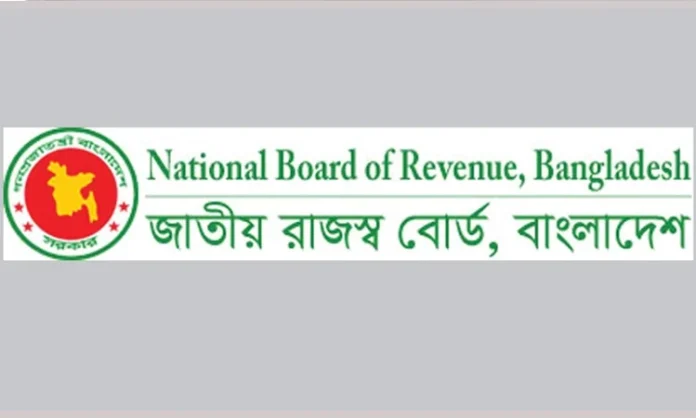The interim government has declared all job functions under the National Board of Revenue (NBR) — including customs houses, inland container depots (ICDs), bond commissionerates, and customs stations — as ‘Essential Services’, in a move to ensure the uninterrupted continuation of trade and revenue operations.
The decision was announced through an official statement published on the verified Facebook page of the Chief Adviser to the interim government.
The government stated that despite repeated calls for dialogue and a clear commitment to consider the demands of NBR officials and employees, the protesting officials continued to disregard these efforts. Instead of pursuing constructive negotiations, they maintained a rigid and confrontational stance, inflicting ongoing damage to the country’s economy.
Citing the importance of maintaining vital import-export activities and foreign trade operations, the government emphasized that it had no choice but to designate NBR services as essential.
“The government expects that all officers and employees will immediately return to their workplaces and refrain from actions that violate the law and harm national interests. Otherwise, the government will be compelled to take strict measures to protect the public and the economy,” the statement read.
Highlighting the underlying issues, the government noted that the biggest challenge to executing development-focused budget plans is the country’s weak revenue collection system. Revenue generation remains far below what is required, due largely to inefficiencies, irregularities, and corruption within the revenue administration.
In light of this, the interim administration has decided to restructure the NBR, following consultations with key stakeholders.
The statement further expressed the government’s deep concern over what it described as a “premeditated and malicious” protest. For over two months, a section of NBR officials has allegedly obstructed trade, customs operations, and revenue collection in the name of protest. These actions have caused significant public suffering and severely disrupted economic activities.
The government reiterated that the ongoing disruption is not only unlawful and unethical but also a direct threat to national interest and the rights of citizens.

